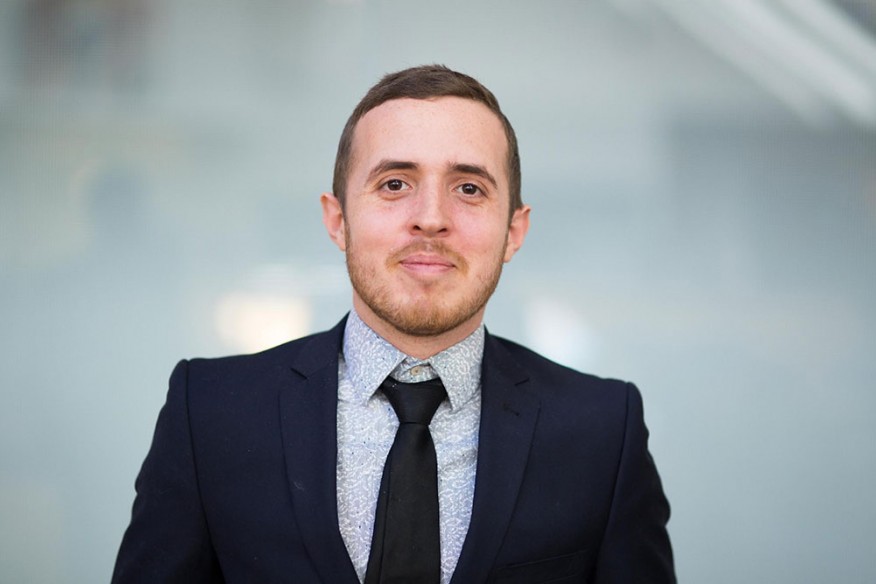-
Field Placement:UM-SSW Program Evaluation Group
Growing up in a small town in Puerto Rico, Mislael Valentín-Cortés witnessed firsthand how inequality, health disparities, and social injustice affected close relatives and friends. Deeply concerned about these issues, Mislael considered social work early on as a vehicle for social change.
However, given limited resources and lack of BSW programs at his undergraduate institution, he focused his coursework on English and Social Sciences, yet focused his extracurricular activities on community outreach and empowerment, health promotion, and mental health awareness. He then learned of the Future Public Health Leaders Program, a summer internship program designed to increase representation of underserved populations in public health at the University of Michigan.
Through this program, Mislael’s interest in social justice and health equity was cemented, “Growing up, I had experienced the results of systemic injustice and health issues at all levels, yet my perspective was broadened through FPHLP because I learned of health equity issues on a national and global scale.”
“My time in Michigan over the summer was so impactful, that I decided to return for grad school,” he adds.
After enrolling at the dual MPH/MSW program at the University of Michigan, Mislael’s perspective changed when Hurricane Maria made landfall in Puerto Rico just two weeks after moving to Ann Arbor for grad school. Mislael says, “I was always deeply concerned for how climate change is affecting society, yet I didn’t understand its effect at all levels until Maria. This completely changed my priorities and I have been more active in issues around natural hazards, climate, disasters, and how these affect public health, particularly among historically made vulnerable populations. The time is now to act, particularly with populations growing older and more unequal.”
Mislael has been able to further develop into an evaluator and researcher, spending his time in graduate school as a research assistant in the School of Public Health and his field placement at the UM-SSW Program Evaluation Group. Mislael highly values his experience at his field placement, “As an aspiring researcher, my time in PEG has been instrumental because I’ve gained hands on experience at all steps of the research process. From formulating research questions, to working closely with community-based agencies, and supporting ongoing evaluation efforts.”
Looking ahead, Mislael envisions himself continuing a research career by pursuing a Ph.D. degree in public health and leading research to understand how climate, natural hazards, and disasters impact population health and how to achieve community resilience to lessen the burden of atmospheric and climate-related events.
